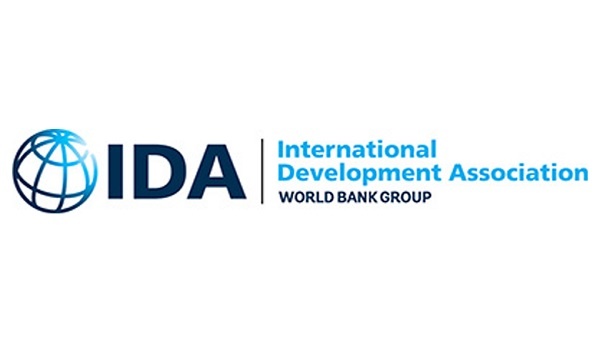
The supplemental financing from the World Bank will help to mitigate the impact of the ongoing COVID-19 crisis on the Ethiopian Government’s reform agenda.
WASHINGTON, D.C. (The World Bank)– The World Bank’s Board of Executive Directors on 17 June 2020 approved $250 million ($125 million grant and $125 million credit) in supplemental financing for the ongoing Second Ethiopia Growth and Competitiveness Programmatic Development Policy Financing. This funding is geared towards helping Ethiopia to revitalize the economy by broadening the role of the private sector and attaining a more sustainable development path.
“The COVID-19 pandemic is expected to severely impact Ethiopia’s economy. The austerity of the required containment measures, along with disruptions to air travel and the collapse in international demand for goods exported by Ethiopia are already taking a toll on the economy,” said Carolyn Turk, World Bank Country Director for Ethiopia, Sudan, South Sudan and Eritrea. “Additionally, an estimated 1.8 million jobs are at risk, and the incomes and livelihoods of several million informal workers, self-employed individuals and farmers are expected to be affected.”
The supplemental financing will help to mitigate the impact of the ongoing COVID-19 crisis on the Government’s reform agenda. Specifically, the program is intended to help address some of the unanticipated financing needs the Government of Ethiopia is facing due to the COVID-19 crisis. Additional financing needs are estimated to be approximately $1.5 billion, as revenue collection is expected to weaken, and additional expenditure is needed to mitigate the public health and economic impacts of the crisis.
- See also: Mastercard Foundation commits USD 3.2 million to rescue Ethiopian enterprises amid COVID-19
“This additional financing to the Second Growth and Competitiveness Programmatic Development Policy Financing, approved in March 2020, will support the continued implementation of the structural reforms towards private-sector-led development under the Homegrown Reform Agenda,” said Miguel Eduardo Sanchez Martin, World Bank Task Team Leader for the Operation.
The financing will complement the government of Ethiopia’s ongoing efforts to mobilize financial assistance for crisis response. The operation is one of the pillars of the World Bank’s immediate response to mitigate the impact of the global crisis on Ethiopia. In April, the World Bank had already provided $82.6 million for Ethiopia COVID-19 Emergency Response Investment Policy Financing under the Fast-Track COVID-19 Facility to prevent, detect, and respond to the threat posed by COVID-19 and to strengthen national systems for public health preparedness.
World Bank Group COVID-19 Response
The World Bank Group, one of the largest sources of funding and knowledge for developing countries, is taking broad, fast action to help developing countries strengthen their pandemic response. The Group is supporting public health interventions, working to ensure the flow of critical supplies and equipment, and helping the private sector continue to operate and sustain jobs. The Group will be deploying up to $160 billion in financial support over 15 months to help more than 100 countries protect the poor and vulnerable, support businesses, and bolster economic recovery. This includes $50 billion of new IDA resources through grants and highly concessional loans.
* The World Bank’s International Development Association (IDA), established in 1960, helps the world’s poorest countries by providing grants and low to zero-interest loans for projects and programs that boost economic growth, reduce poverty, and improve poor people’s lives. IDA is one of the largest sources of assistance for the world’s 75 poorest countries, 39 of which are in Africa. Resources from IDA bring positive change to the 1.6 billion people who live in IDA countries. Since 1960, IDA has supported development work in 113 countries. Annual commitments have averaged about $21 billion over the last three years, with about 61 percent going to Africa.
